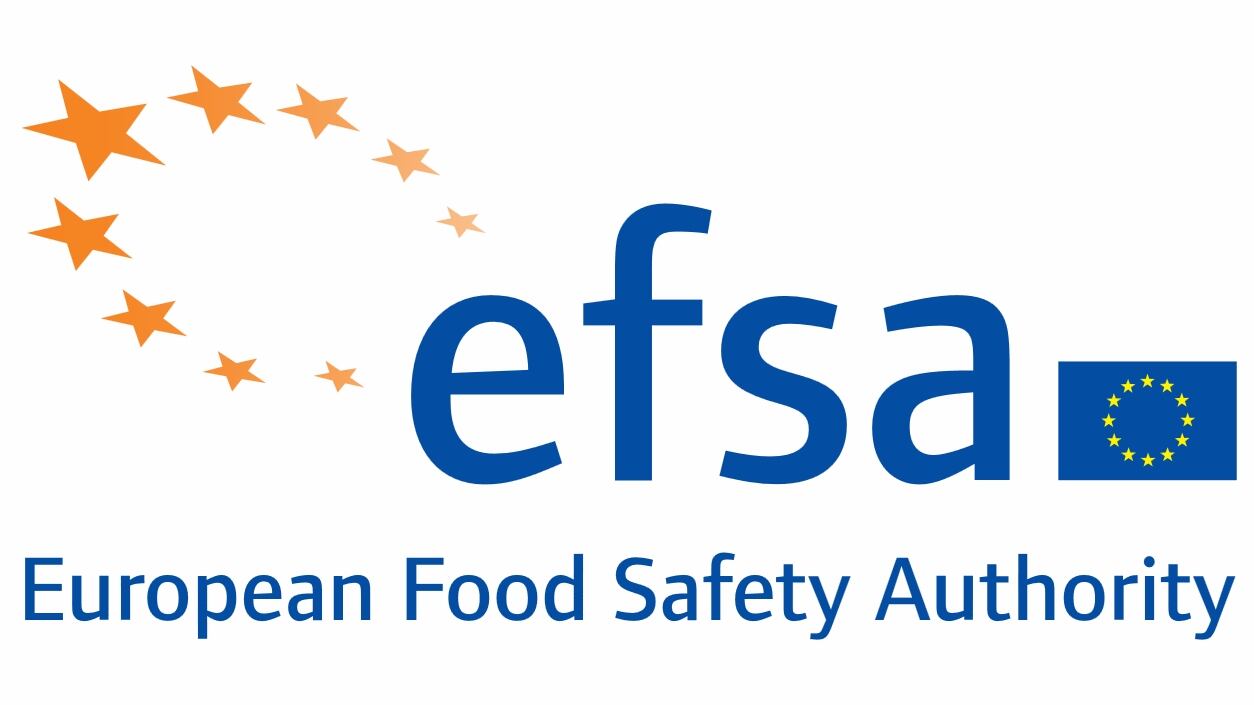He warned that the effects of pollution, chemicals, antibiotics, poor supply chains and bad governance on the economy would work out at RMB5bn (US$750m) in losses by the end of 2016, while it would also drive some 10,000 food sector workers out of work.
Li Chunhua, of the Chinese Academy of Social Sciences, also revealed that China has at least 1m hectares of polluted soil, and that some 80% of China’s agricultural chemicals directly enter the food chain and threaten the safety of edible produce.
China uses far more fertiliser than any other country—its 35% share of global supply is equivalent to America and India combined. By using an average of 22kg of fertiliser per acre of farmland, compared to the global average of 8kg, the country faces a “serious situation of over-usage,” Li said.
Water pollution is another cause for concern, he added, pointing to work by his academy that found that over 61% of water-quality monitoring stations detect poor-quality water.
According to the Ministry of Health, the excessive use of antibiotics in livestock also poses a critical threat to food safety. The approximately 210,000 tonnes of antibiotics produced last year in China (excluding the 30,000 tonnes that were exported) accounted for per-capita consumption that is more than 10-times higher than in America.
Overuse of antibiotics causes various mental illnesses and defects, illustrated by how doctors blame the disabilities of one third of China’s handicapped on antibiotics use in agriculture.
Speaking at an industry event in Beijing, Li also highlighted the menace of gutter oil, which is used oil recovered from gutters and sewers before being reprocessed and sold back to restaurants.
He said that high profits and a slim chance of being caught has led those selling gutter oil to “completely abandon any bottom-line for human integrity”.
Every year, 2-3m tonnes of gutter oil make their way back to restaurants each year, Li added.
More stories from China…
Hong Kong still only prosecuting a tiny percentage of food safety complaints
Fewer than 3% of complaints against Hong Kong food vendors have end in prosecution this year, at a time when reports of food-safety violations are increasing.

Last year’s prosecution rate was the lowest in three years at 2.87%, compared to 6.85% in 2014. However, this year’s rate is expected to be below that, at 2.6%, while the number of complaints handled by officials over a three-year period hit a record high last year, at 5,036—a 9.57% increase over 2014.
Food officials have blamed the low prosecution rate this year to the unwillingness of complainants to testify in court and insufficient evidence.
“After people complain, or post online photos [of bad food], some may feel they already vented their anger, and therefore do not want to spend more time pursuing the case,’’ said a department spokeswoman.
Lawmaker Helena Wong Pik-wan, a former food safety watchdog in the Legislative Council, believes that the Food and Environmental Hygiene department’s handling of food complaints will give members of the public the task of monitoring food vendors.
“When department staff arrive on site to speak to the complainant and write a report of what happened, that should be enough for them to take as evidence to court,’’ Wong told the South China Morning Post.
“If the case can only be prosecuted with a witness, then many people would of course feel irritated by the process and give up.’’
Wong said she expected to review food safety regulations and the standards for vendors in the coming Legislative Council term.
Earlier this year the Ombudsman criticised the food department for failing in its role as gatekeeper for food safety.
It said in a report in January that the department had “[failed] in its duty to ensure public safety” after investigating two food safety reports handled by the department.
The Ombudsman said the department should have “tried every means” possible to prosecute even if success was uncertain, and that it should not have “given up prosecution so easily”.
Efsa prepares to announce China collaboration
The European Union’s food-safety watchdog is expected to formalise its relationship with its Chinese counterpart in November.

Bernhard Url, executive director of the European Food Safety Authority (Efsa), and Jiang Lu, acting director general of the China National Centre for Food Safety Risk Assessment (CFSA), will meet on November 1 in Beijing to sign a memorandum of co-operation.
The agreement between Efsa and the CFSA paves the way legally for various cooperation programmes relating to capacity building, knowledge exchange and sharing expertise. The partnership also sets out to “stimulate harmonisation and innovation in food safety risk assessment methods and approaches”, the European agency said in a statement.
The meat industry in particular is cheering the anticipated collaboration, which is expected to outline global efforts to address antimicrobial resistance.
